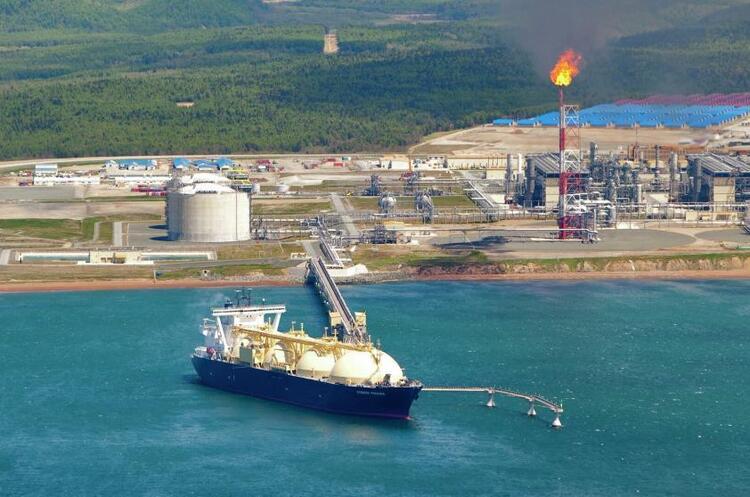Japan continues to buy oil from Russia at prices higher than the ceiling set by the G7
Japan's Mitsui & Co and Mitsubishi retained their stakes in the Sakhalin-2 project despite sanctions

Japan continues to buy fuel from Russia at a price higher than the ceiling set by the G7 countries.
Source. The Moscow Times with reference to The Wall Street Journal.
According to official trade statistics, in January-February, Tokyo purchased 749 thousand barrels of Russian oil totaling 6.9 billion yen (about $52 million), which is 4.6% more than in the same period last year.
On average, Japan paid about $70 per barrel, although the ceiling is $60 per barrel.
Tokyo's purchases account for a "negligible" share of Russia's total oil exports, the WSJ notes, but they undermine global U.S. efforts to enforce price restrictions on Russian oil.
The Group of Seven countries, which, in addition to Japan, includes the United States, Canada, the United Kingdom, France, Germany, and Italy, imposed a price ceiling on Russian oil at $60 per barrel on December 5, 2022, and on Russian oil products at $100 and $45 per barrel on February 5.
Japan supported the price ceiling, but secured an exemption from the limit. Until September 2023, the price ceiling will not apply to Tokyo's purchases of oil produced at the Sakhalin-2 project.
A representative of Japan's Ministry of Economy, Trade and Industry said that Tokyo wants to ensure access to the project's main product, liquefied natural gas.
"We have made this exception (to the price ceiling) to ensure stable energy supplies to Japan," the ministry source told the WSJ.
According to him, along with natural gas, Sakhalin-2 produces a small amount of crude oil, which Tokyo buys.
"The price is determined through negotiations between the two parties," the official explained.
The desire to continue to cooperate with Russia on Sakhalin-2 does not mean that Japan cannot do without it, says James Brown, a professor at Temple University's Japan campus.
"They can. They just don't want to do it," he said. According to him, Tokyo should abandon the Sakhalin projects "if they are really serious about supporting Ukraine."
Japan's Mitsui & Co and Mitsubishi Corp. own 22.5% of the Sakhalin-2 project. They retained their stakes despite the sanctions and the withdrawal of Western oil and gas companies from Russia.
If you have read this article to the end, we hope that means it was useful for you.
We work to ensure that our journalistic and analytical work is of high quality, and we strive to perform it as competently as possible. This also requires financial independence. Support us for only UAH 196 per month.
Become a Mind subscriber for just USD 5 per month and support the development of independent business journalism!
You can unsubscribe at any time in your LIQPAY account or by sending us an email: [email protected]



